
Researches show it is a possibility! To effectively reverse Type 2 Diabetes or even Pre-Diabetes is to assess the root cause for Insulin Resistance, FAT.

Diabetes continues to increase globally, and the fight against this chronic condition continues to intensify. There is no cure for type 2 diabetes we all know that, but studies have shown it’s possible for people to reverse it.
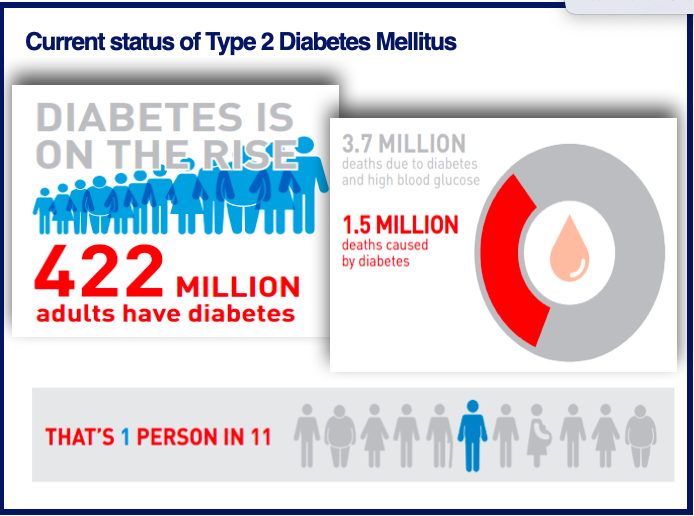
Type 2 diabetes results from the accumulation of fat in the liver, which induces insulin resistance and increases blood sugar production. When a person accumulates too much fat, which should be stored under the skin, then it goes to the liver and overspills to the rest of the body, including the pancreas. This in turn shuts switches off the genes that produces insulin effectively causing type 2 diabetes. Thus, weight loss is the primary factor in those who have experienced a reversal of type 2 diabetes, as excess fat affects the body’s insulin production and usage.
But how does this remission occur, and can it last for long? Some people do achieve the reversal for long while for others, the condition returns, why?
It is first important to understand the factors that impact the reversal process. Numerous researches suggest obesity as the leading factor for type-2 diabetes. Along with it a poor lifestyle, less or no physical exercise and improper diet can cause type-2 diabetes. Researches have also shown that Lifestyle interventions, fat loss and bariatric surgery contribute to reversal in type 2 diabetes, and are some of the best ways to reverse diabetes over an extended period of time.
Having said that most lifestyle interventions focus on eating less and exercising more. But many have tried this and have seen minimal results, while also fighting unsustainable hunger and cravings.
Key For Diabetes Reversal
Now we can see type 2 diabetes as a simple condition where the individual has accumulated more fat than they can cope up with and thus the other organs start to get affected. The Connection here is between Body composition and Diabetes. The body needs a balance of lean body mass (LBM) and fat mass to function optimally and maintain positive health.
Better-balanced body composition can reduce risk of diabetes and other obesity-related disorders—and it can have a positive effect on your metabolism and its reversal. There’s no specific diet or exercise regimen that fits everyone, even the number on the scale and the BMI does not define the body composition or overall health.
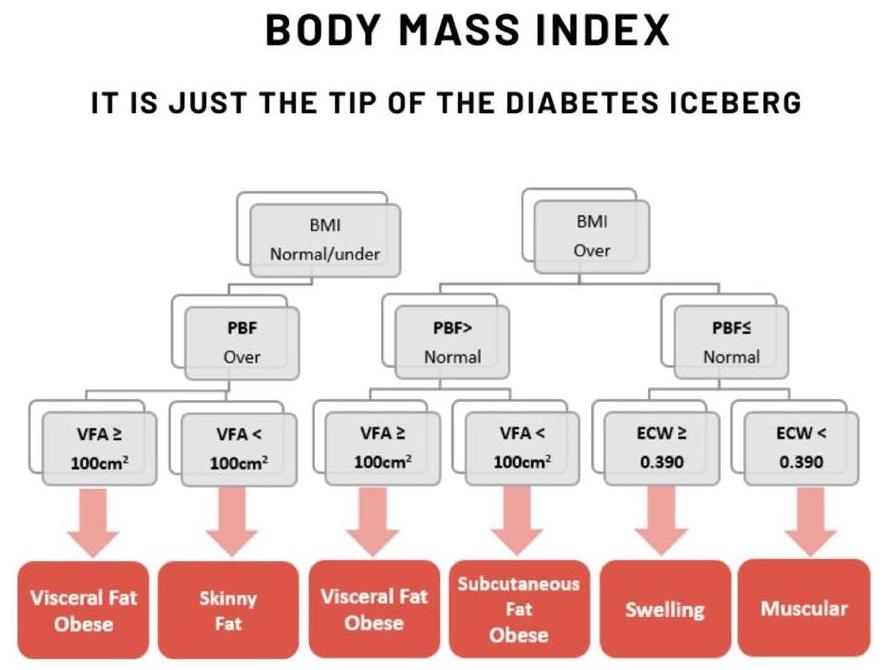
The Focus need to be constantly on screening and monitoring the Muscle, Fat and body water Levels. Obtain objective measurements of muscle, fat, and visceral fat to assess disease risk and obesity. Monitor outcomes of interventions aimed to improve glycemic control and prevent worsening of complications related to diabetes and Detect fluid imbalances resulting from inflammation.
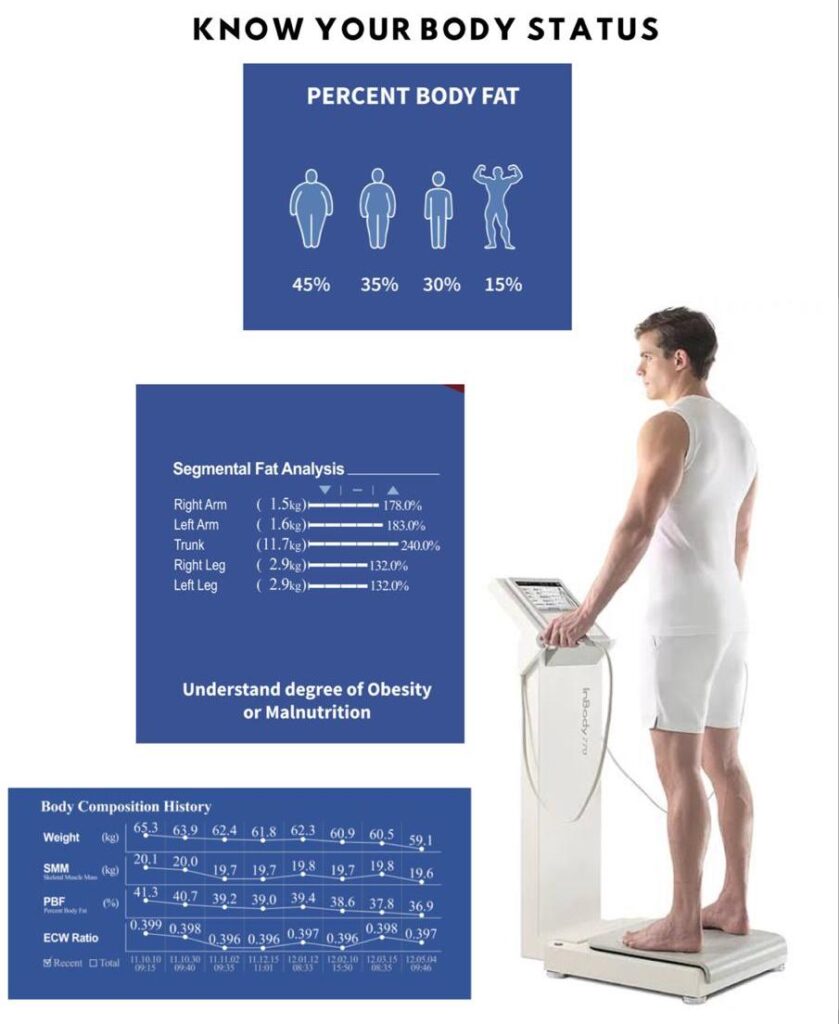
InBody DSM-BIA body composition analyzers are an effective tool for managing patients’ diabetic risks, symptoms and measure to help in reversing it, by providing accurate measures for body composition through its four core technologies. This information is then translated into useful outputs such as body fat percentage, total body water, lean body mass and visceral fat area. Visceral fat area having an important contribution to diabetics because of the association between high visceral fat levels and diabetes.
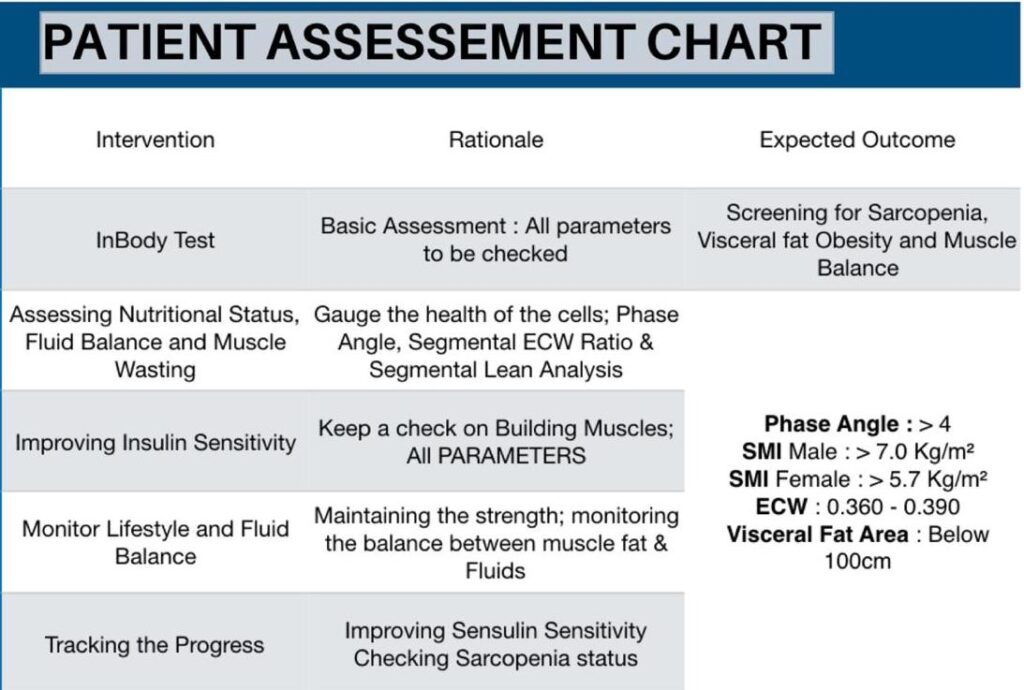
Diabetes Reversal takes time. It requires patience, consistency, and persistence. One will not get the desired result in a short span of time. Therefore, to keep one motivated with results and maintaining strengths will help in establishing diabetes reversal for a longer period of time.
*Suggestive Research papers;
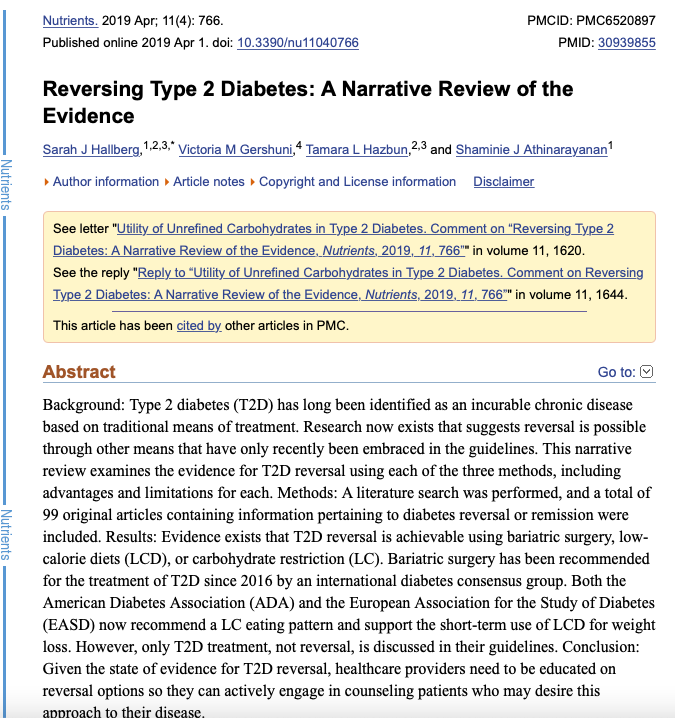
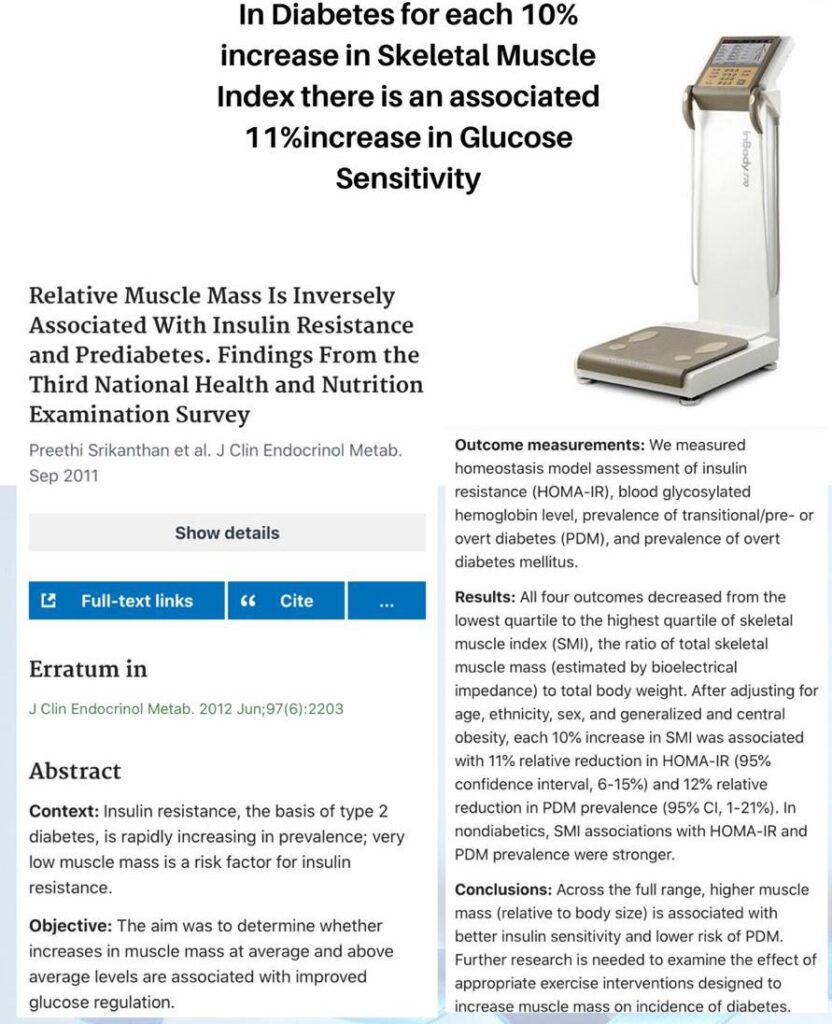
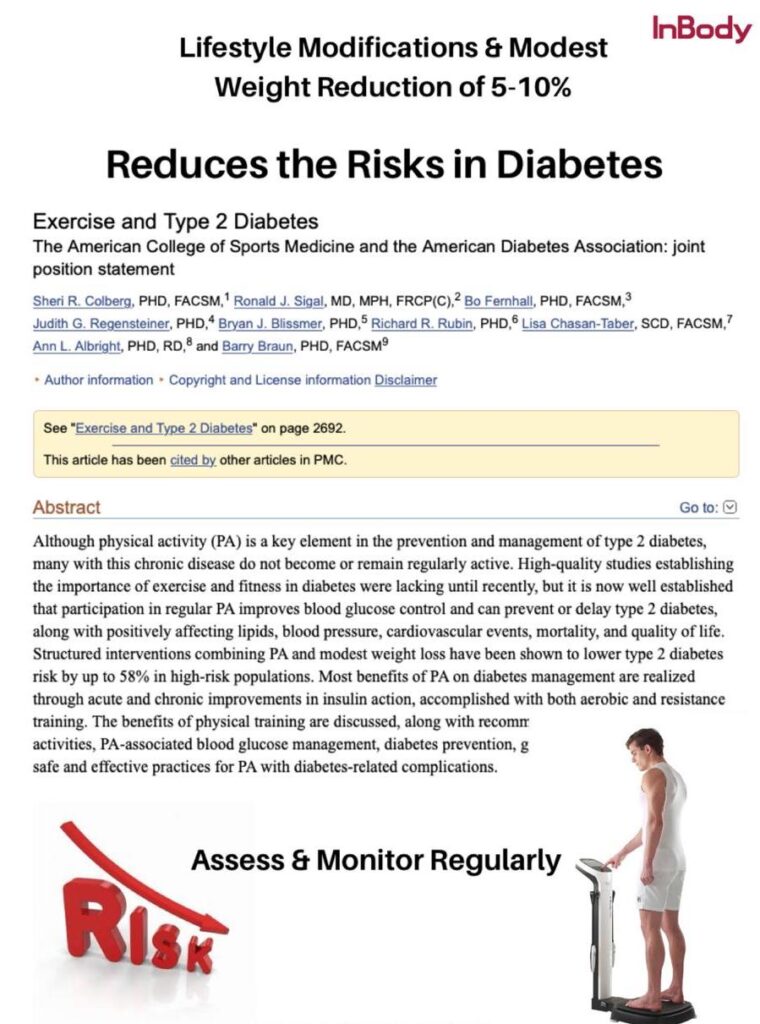
Relative Muscle Mass is inversely Associated with Insulin Resistance And pre-diabetes.

Higher Visceral Fat Area at baseline was an independent risk factor for developing type 2 diabetes and the optimal VFA cutoff values were markedly different between men and women.

Modest longitudinal gain in adiposity was associated with progressive renal decline in T2DM patients, suggesting that increased adiposity over time adversely affects renal outcomes.


Connect now with an InBody representative to know more: 022-622-3191 / inda@inbody.com

Leave a Reply